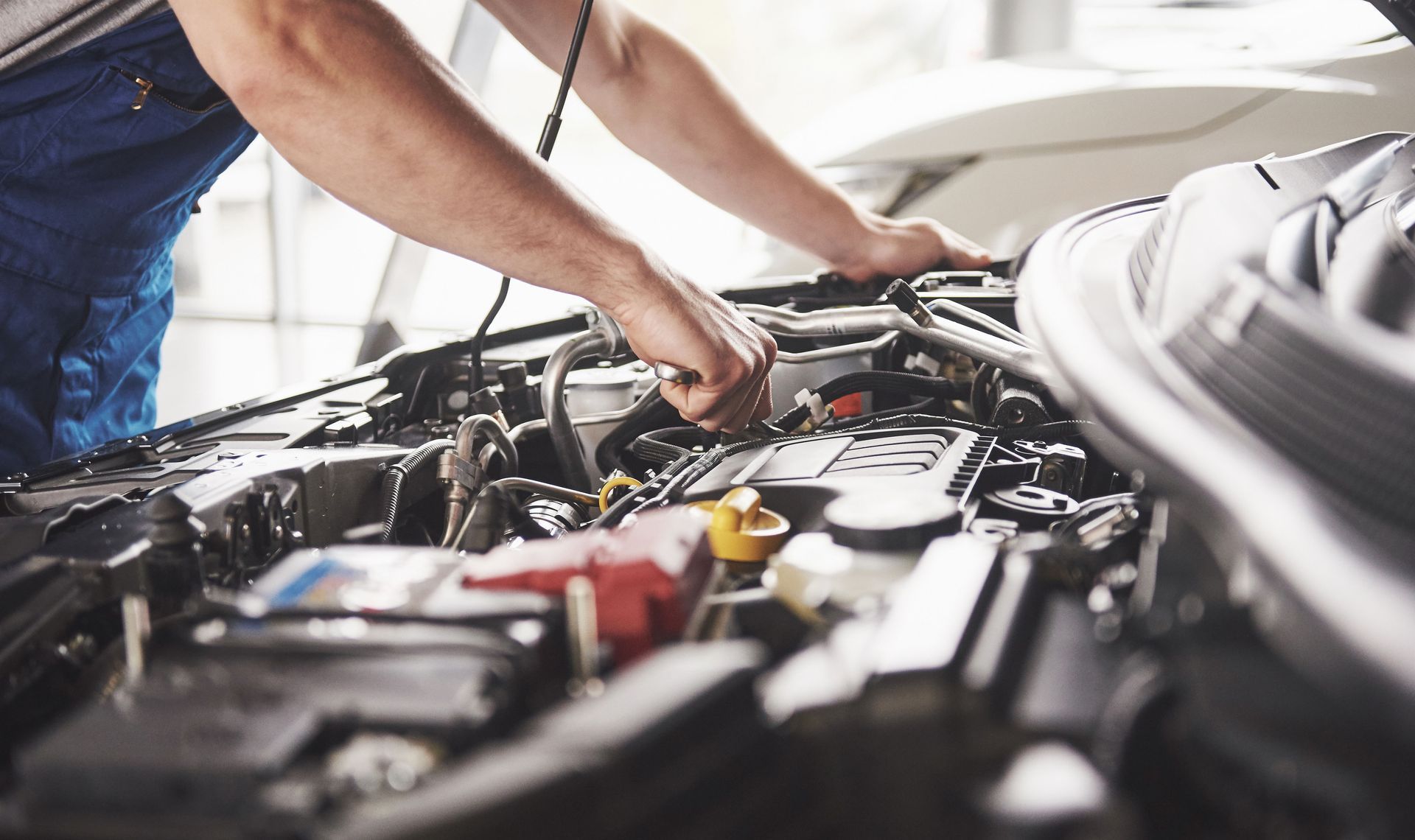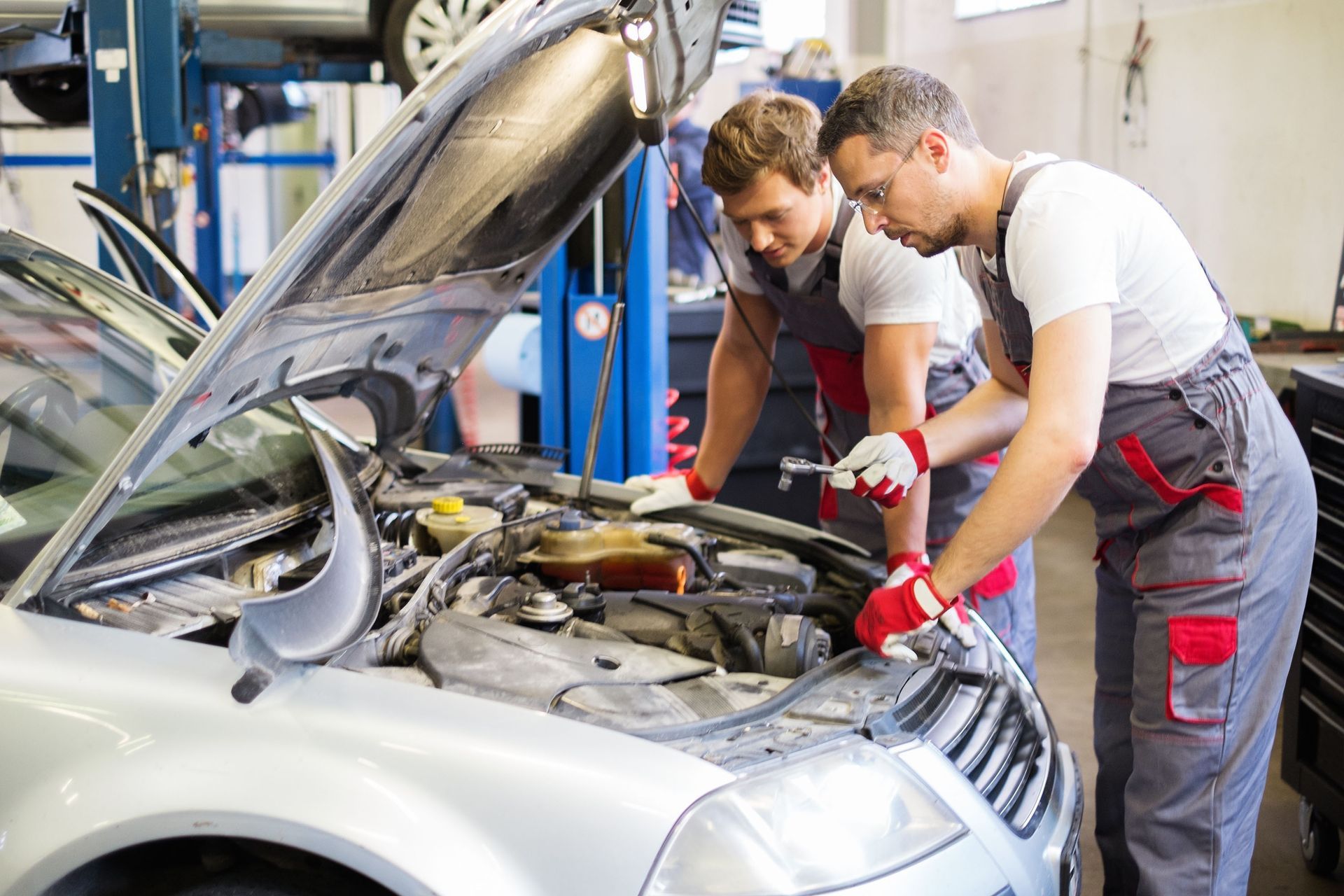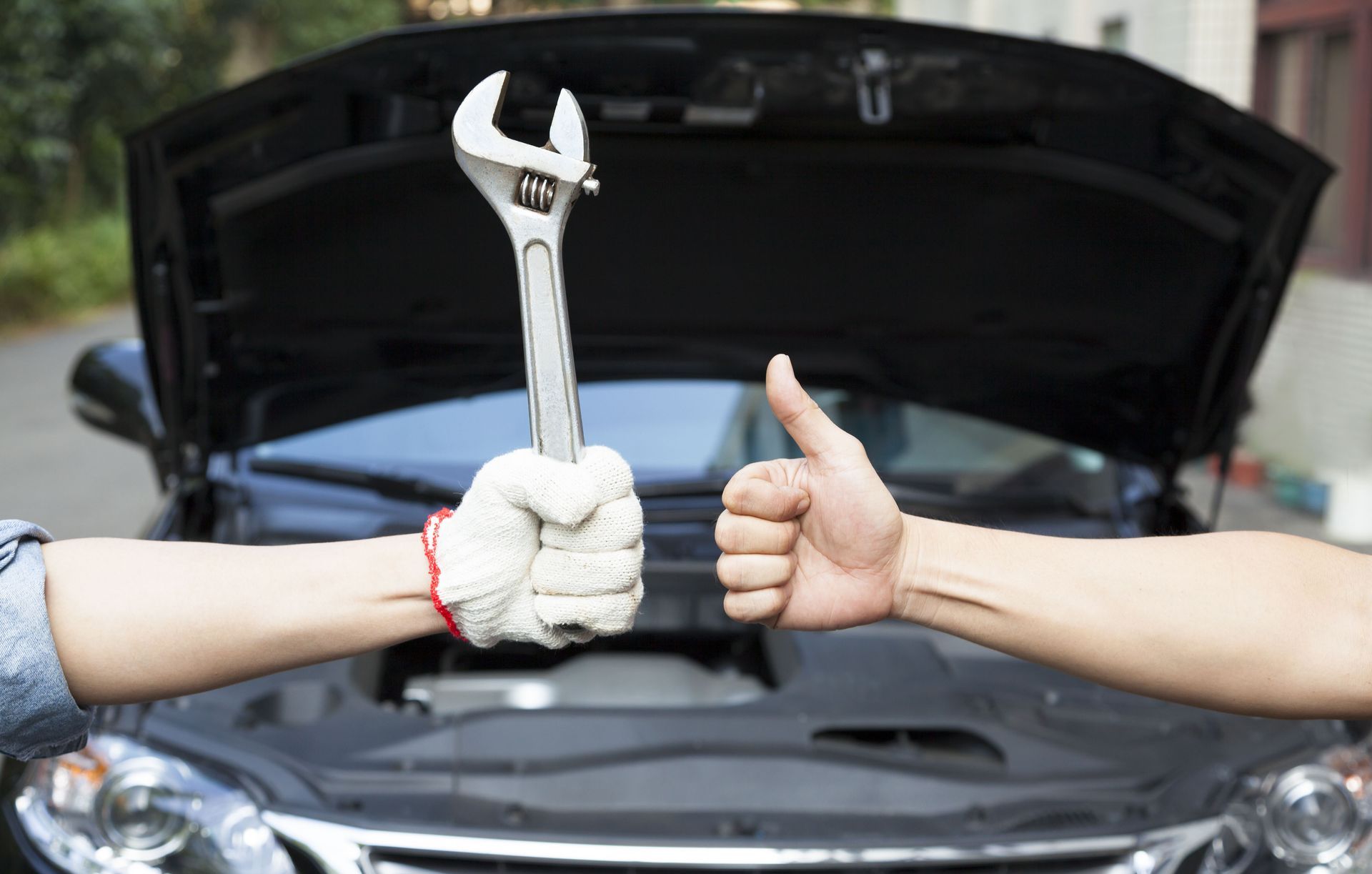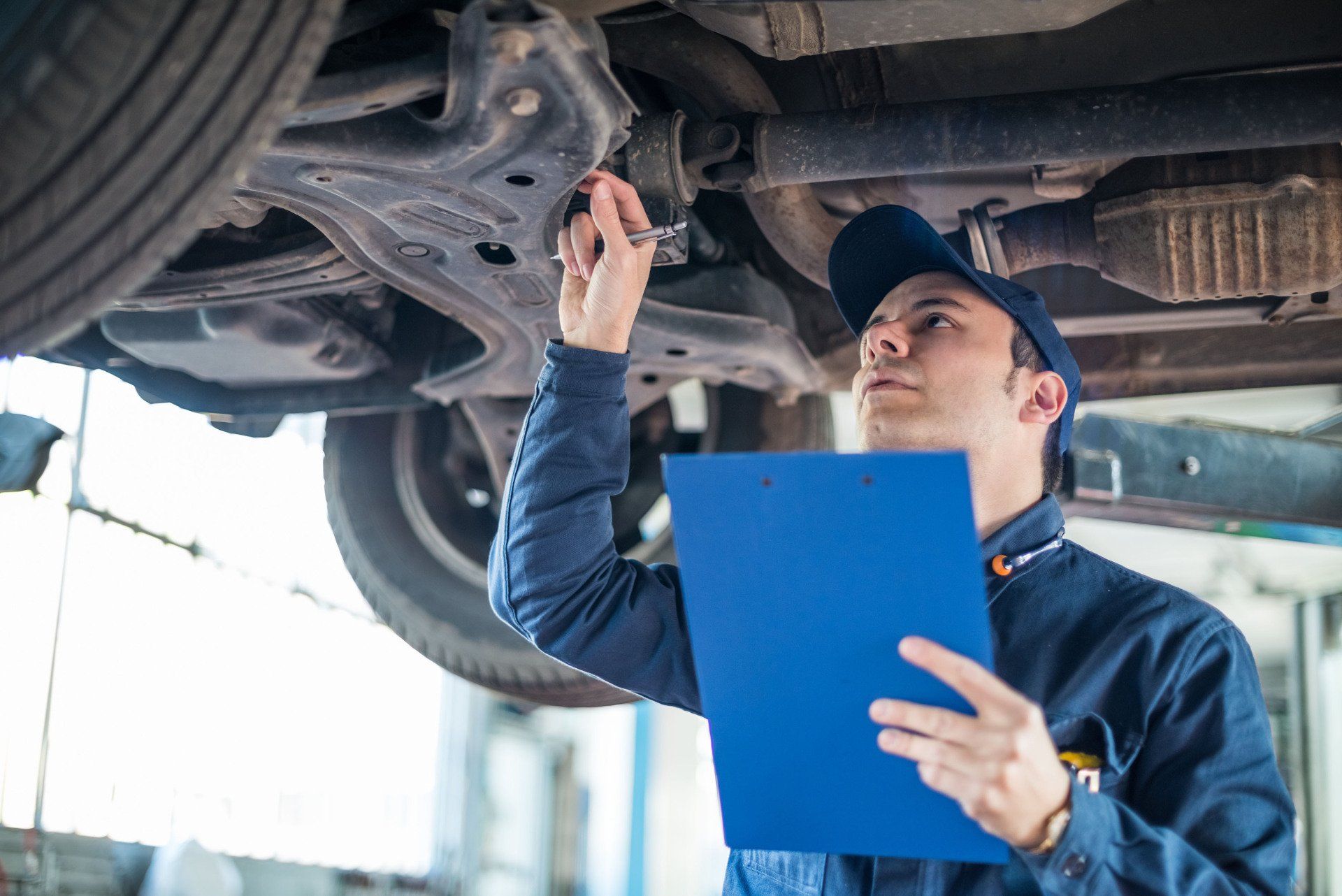10 Common Wear Items on Your Vehicle
Your vehicle is made up of thousands of parts working together to keep you moving safely and efficiently. Over time, many of these components naturally wear down from regular use and exposure to the elements. Knowing which parts are prone to wear can help you stay ahead of costly repairs and unexpected breakdowns. Whether you drive daily or only occasionally, understanding what needs regular attention is crucial for performance and safety. For reliable inspections and replacements, partnering with a trusted auto mechanic shop can ensure your vehicle stays in top condition year-round.
1. Tires
Your tires are among the most important wear items on your vehicle. They maintain traction, absorb shocks, and directly impact handling and fuel efficiency. Over time, tread depth decreases, making it harder for your tires to grip the road—especially in wet or icy conditions. According to Tire Rack, a tire is legally worn out when its tread depth reaches 2/32 of an inch. Regular rotations, alignments, and pressure checks can help extend tire life. Having your tires inspected by a professional at an auto mechanic shop ensures they meet safety standards and are replaced when necessary. Quality tires not only enhance comfort but also play a key role in braking and steering response.
2. Brake Pads and Rotors
Brake pads and rotors endure constant friction and heat every time you stop. As they wear down, you may notice squealing noises, vibration, or longer stopping distances. Neglecting worn brakes not only affects safety but can also damage the rotors, leading to more expensive repairs. A qualified auto mechanic shop can measure brake pad thickness, inspect the calipers, and recommend replacements before performance declines. Regular brake inspections are essential for safe driving, especially if you commute frequently or drive in heavy traffic. Timely brake maintenance keeps your vehicle’s stopping power consistent and prevents dangerous fade under demanding conditions.
3. Suspension Components
Your suspension system—made up of shocks, struts, and control arms—helps keep your ride smooth and your tires in proper contact with the road. Over time, these components can wear out from rough roads, potholes, or simply age. Symptoms of worn suspension parts include excessive bouncing, uneven tire wear, or clunking noises over bumps. An auto mechanic shop can inspect your suspension system during routine maintenance and replace damaged components before they compromise handling and comfort. A well-maintained suspension also improves vehicle stability, cornering, and braking efficiency.
4. Belts and Hoses
Under your vehicle’s hood, belts and hoses work tirelessly to keep essential systems running. Serpentine belts drive accessories like the alternator and air conditioning, while hoses transport coolant and other fluids. Over time, these rubber components can crack, fray, or become brittle. If a belt snaps or a hose leaks, it can lead to overheating or loss of power steering. Regular inspections at an auto mechanic shop allow professionals to identify early signs of wear and replace these parts before a breakdown occurs. Proactive maintenance ensures that your engine continues to run smoothly and efficiently, even under extreme conditions.
5. Battery
Your car’s battery provides the electrical energy needed to start the engine and power accessories like lights and the radio. Batteries naturally degrade over time due to heat, vibration, and repeated charging cycles. If you experience slow cranking or dimming headlights, it may be a sign of a weakening battery. A professional auto mechanic shop can perform a battery load test to determine its condition and replace it if necessary. Regular testing—especially before seasonal temperature changes—can prevent the inconvenience of a dead battery at the wrong time. Clean battery terminals and secure connections also contribute to consistent performance and longer battery life.
6. Spark Plugs
Spark plugs play a vital role in your vehicle’s ignition system by igniting the fuel-air mixture in each cylinder. Worn or fouled plugs can lead to misfires, poor fuel economy, and sluggish performance. Most modern vehicles can go tens of thousands of miles before needing new plugs, but age and driving habits can affect longevity. When replaced by professionals at an auto mechanic shop, new spark plugs can restore engine efficiency and power. Regular maintenance helps ensure your vehicle starts reliably and runs smoothly in all conditions, improving both performance and fuel savings.
7. Air Filters
Air filters protect your engine by preventing dust, debris, and contaminants from entering the combustion chamber. A clogged filter can restrict airflow, reducing fuel efficiency and engine performance. Cabin air filters also play a key role in maintaining clean air inside your vehicle. Both should be replaced regularly based on driving conditions and manufacturer recommendations. An auto mechanic shop can inspect and replace these filters quickly, ensuring optimal airflow and protecting your engine from harmful buildup. Clean filters also support a healthier driving environment and extend the life of your HVAC system.
8. Fluids and Filters
Your vehicle relies on several fluids—engine oil, coolant, brake fluid, transmission fluid, and power steering fluid—to operate smoothly. Over time, these fluids break down or become contaminated, reducing their effectiveness. Oil and fluid changes at an auto mechanic shop are critical to keeping your engine and transmission lubricated and functioning correctly. Filters also need replacement to remove impurities that accumulate during normal operation. Regular fluid maintenance helps prevent overheating, corrosion, and premature wear on major components, extending your vehicle’s life. Technicians also inspect for leaks to ensure proper system function across all fluid circuits.
9. Wiper Blades
Although wiper blades may seem minor, they are crucial for visibility during rain, snow, or fog. Exposure to sunlight, dirt, and fluctuating temperatures causes the rubber to crack or harden over time. If your wipers leave streaks or make noise, they’re likely worn out. A technician at an auto mechanic shop can replace your wiper blades quickly, ensuring clear visibility during harsh weather. Replacing them regularly—typically every six to twelve months—enhances safety and driving comfort, especially during North Carolina’s unpredictable rainy seasons. Clean, effective wipers also reduce eye strain and improve nighttime driving safety.
10. Exhaust System Components
Your exhaust system is responsible for directing harmful gases away from the engine and reducing emissions. Over time, components like the muffler, catalytic converter, and exhaust pipes can rust or develop leaks due to exposure to heat, moisture, and road debris. Warning signs include loud noises, rattling, or a strong exhaust smell. Having your system inspected at an auto mechanic shop ensures that small leaks or corrosion don’t turn into major repairs. A properly functioning exhaust system also improves fuel efficiency and helps your vehicle meet emission standards. Keeping it in good condition protects both your vehicle’s performance and the environment.
Every vehicle experiences wear and tear over time, but staying proactive can make all the difference. Tires, brakes, filters, and other key parts require regular attention to keep your car safe, efficient, and dependable. By visiting a trusted auto mechanic shop for routine inspections and maintenance, you can identify issues early and prevent unexpected breakdowns. A consistent maintenance schedule not only extends your vehicle’s lifespan but also keeps you confident every time you get behind the wheel. Taking care of your car today ensures it takes care of you for years to come—keeping every drive smooth, safe, and worry-free. Need auto maintenance services? Call ABC Tires & Auto today!






Share On: